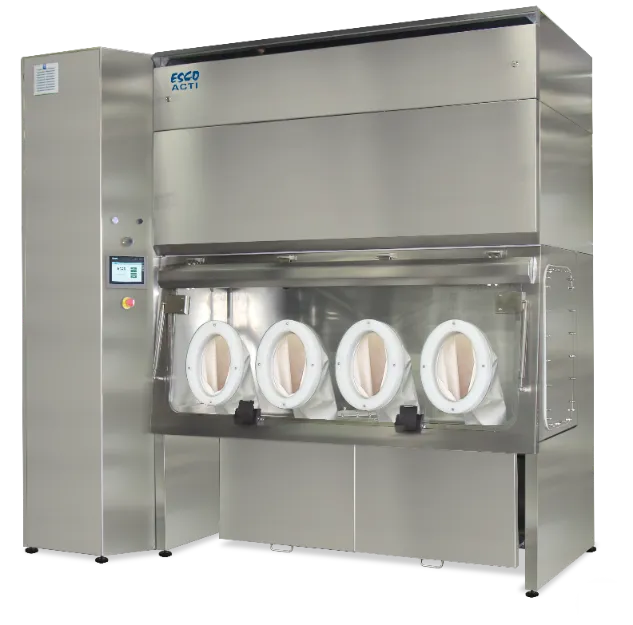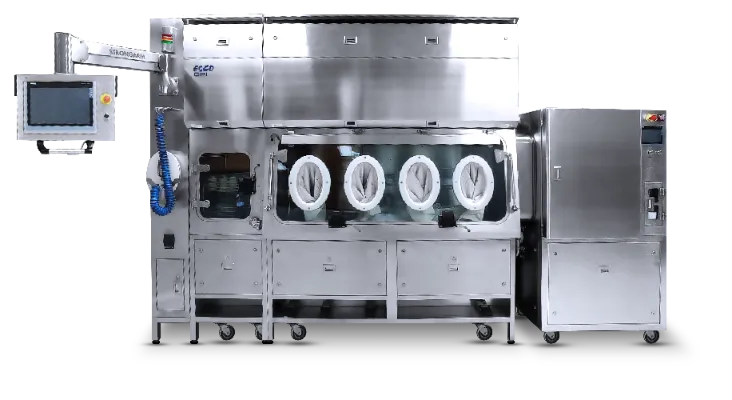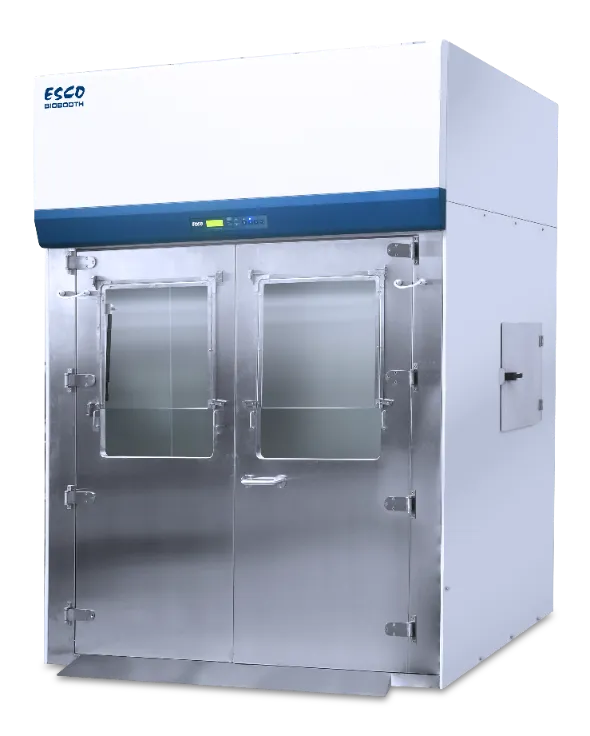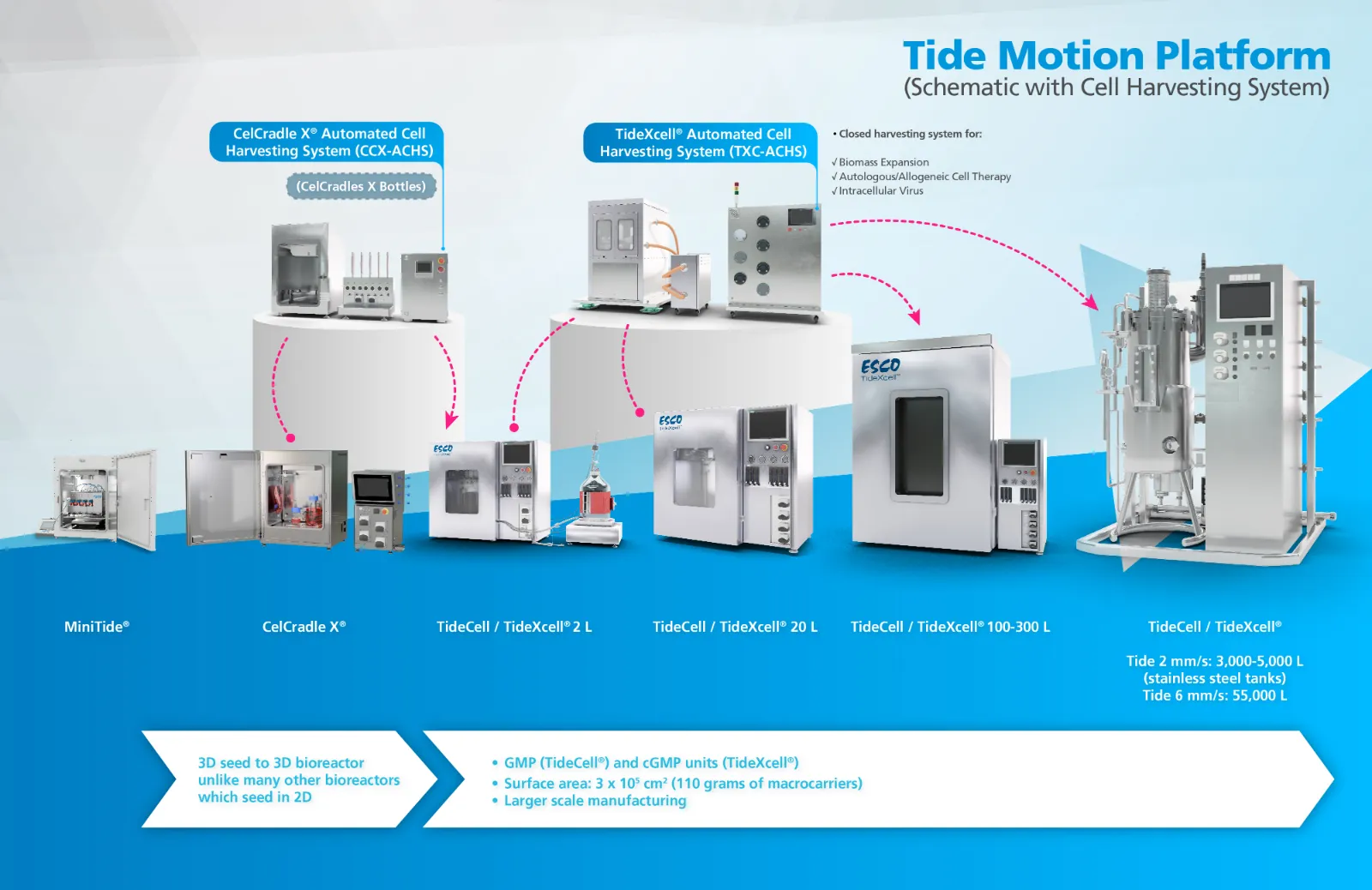The Future of Medicine: How mRNA is Revolutionizing Disease Treatment and Personalized Cancer Vaccines

In recent years, messenger RNA (mRNA) technology has transformed the pharmaceutical landscape. Originally catapulted into mainstream attention with the success of COVID-19 vaccines, this groundbreaking approach is now unlocking new frontiers in medicine. From targeted cancer therapies to vaccines for diseases once deemed untreatable, mRNA is redefining what's possible in modern healthcare.
mRNA Beyond COVID-19: A Game Changer in Medicine
The flexibility of mRNA technology lies in its ability to instruct cells to produce specific proteins that trigger an immune response. This concept, once applied to combat COVID-19, is now being adapted to tackle a host of infectious diseases and even chronic conditions like heart disease.
Leading pharmaceutical companies, including Moderna, BioNTech, and GSK, are investing heavily in developing mRNA-based solutions for diseases such as:
- Influenza – More effective, strain-specific flu vaccines1.
- HIV – Promising trials are underway for mRNA-based HIV vaccines2.
- Zika – New vaccine candidates designed to fight mosquito-borne illnesses3.
But perhaps the most exciting frontier in mRNA innovation lies in personalized cancer vaccines—a treatment approach that could revolutionize oncology.
Personalized Cancer Vaccines: The Future of Oncology
Unlike traditional cancer treatments, mRNA-based personalized cancer vaccines are designed to train the body’s immune system to target and eliminate tumor cells specific to an individual patient. This customized approach significantly improves the body’s ability to fight cancer while reducing damage to healthy tissues.
How it works:
- Tumor profiling: Tumor samples from a patient are collected and sequenced to detect tumor-associated antigens (TAAs) or neoantigens4.
- mRNA design: After identifying the most immunogenic antigens, mRNA sequences are designed to encode the selected antigens4.
- Immune activation: Once administered, the vaccine stimulates the body’s immune response to destroy the tumor.
Early results have been incredibly promising. Recent studies from BioNTech and Moderna have shown that mRNA vaccines can significantly reduce cancer recurrence in patients with melanoma and pancreatic cancer5. Companies like GSK and Oxford University are also pioneering mRNA-based cancer prevention strategies, potentially stopping tumors before they even develop6.
Challenges & The Road Ahead
Despite its potential, mRNA-based therapies still face hurdles:
- Storage and distribution: mRNA vaccines require ultra-cold storage, posing logistical challenges.
- Production scalability: Scaling up personalized cancer vaccine manufacturing is costly and time intensive.
- Regulatory approvals: As a new treatment class, mRNA vaccines must undergo extensive trials to gain regulatory acceptance.
However, with ongoing advancements in biomanufacturing and containment technologies, the future of mRNA medicine looks brighter than ever.
How Esco Supports the mRNA Revolution
At Esco Healthcare, we understand the challenges of developing and producing mRNA-based treatments. That’s why our cutting-edge solutions ensure the highest levels of safety, sterility, and efficiency in pharmaceutical manufacturing. Our product range includes:
- Tide Motion Bioreactors – Ideal for scalable cell culture production, crucial for viral vector and mRNA vaccine development.
-
Aseptic Containment Isolators (ACTI) – Providing a controlled environment for sterile processing of mRNA-based therapies.

-
Cell Processing Isolators (CPI) – Ensuring contamination-free handling of personalized cancer vaccine formulations.

-
BioBooth® Clean Air Solutions – Maintaining ISO-classified cleanroom conditions essential for vaccine production.


As the pharmaceutical industry embraces the next generation of mRNA-based treatments, Esco Healthcare remains a trusted partner, delivering cutting-edge biopharmaceutical manufacturing solutions that drive medical innovation forward.
References
[1] Leonard, R. A., Burke, K. N., Spreng, R. L., Macintyre, A. N., Tam, Y., Alameh, M., Weissman, D., & Heaton, N. S. (2024). Improved influenza vaccine responses after expression of multiple viral glycoproteins from a single mRNA. Nature Communications, 15(1). https://doi.org/10.1038/s41467-024-52940-z
[2] Fortner, A., & Bucur, O. (2022). mRNA-based vaccine technology for HIV. Discoveries, 10(2), e150. https://doi.org/10.15190/d.2022.9
[3] Bollman, B., Nunna, N., Bahl, K., Hsiao, C. J., Bennett, H., Butler, S., Foreman, B., Burgomaster, K. E., Aleshnick, M., Kong, W., Fisher, B. E., Ruckwardt, T. J., Morabito, K. M., Graham, B. S., Dowd, K. A., Pierson, T. C., & Carfi, A. (2023). An optimized messenger RNA vaccine candidate protects non-human primates from Zika virus infection. Npj Vaccines, 8(1). https://doi.org/10.1038/s41541-023-00656-4
[4] How mRNA vaccines might help treat cancer. (2022, January 20). Cancer.gov. https://www.cancer.gov/news-events/cancer-currents-blog/2022/mrna-vaccines-to-treat-cancer
[5] Wang, B., Pei, J., Xu, S., Liu, J., & Yu, J. (2023). Recent advances in mRNA cancer vaccines: meeting challenges and embracing opportunities. Frontiers in Immunology, 14. https://doi.org/10.3389/fimmu.2023.1246682
[6] Jolly, J. (2025, January 28). GSK signs £50m deal with Oxford University on cancer vaccines. The Guardian. https://www.theguardian.com/business/2025/jan/27/gsk-deal-oxford-university-cancer-vaccines